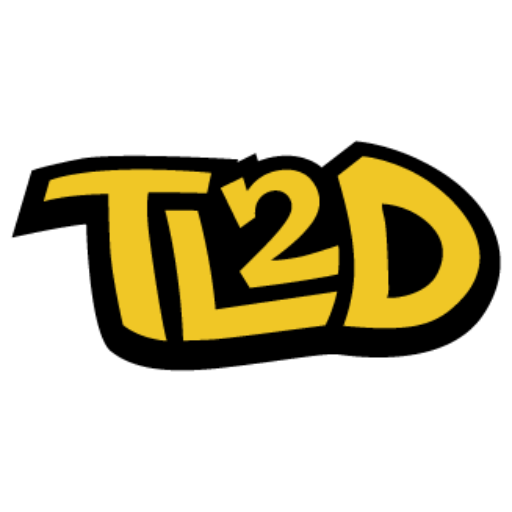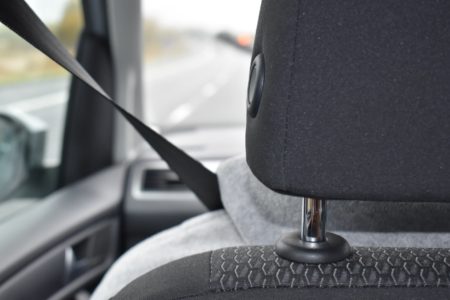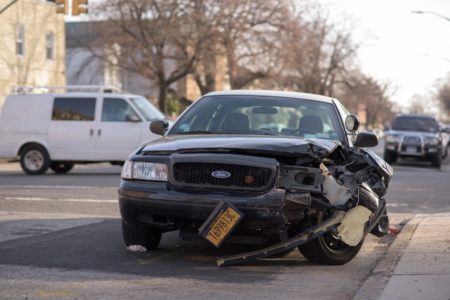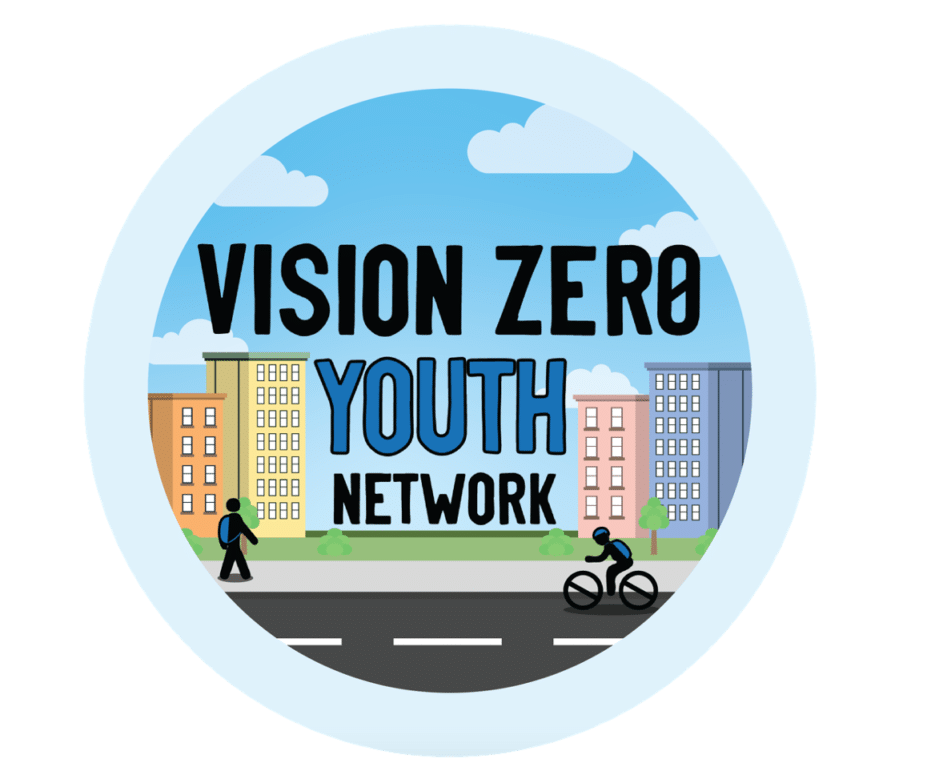If you have a few dollars to spend and your teen is nearing 16, you may answer that question like a lot of other parents:
“We can all enjoy the big screen TV. Plus, I’ve been driving for 20 years and have never crashed so I can teach junior. Let’s get the TV.” 

Sounds reasonable, but it’s short term thinking. That TV will be obsolete in a year, while your teen will be driving for the next 60 years. At the very least, a good driver training program will provide vehicle maintenance tips and tricks that save thousands in repair costs over the years.
You’ll probably never know how many collisions or serious crashes they help prevent because driving is more about using your eyes and brain effectively than starting and steering the car. We all focus on that insurance discount certificate but there are many other benefits to professional driving lessons that go way beyond that discount.
First, the instructor is a trained professional who knows how to break down maneuvers into easy to replicate steps. “Turn right” is not an instruction. If your teen executes a perfect turn, it’s hard to repeat because they don’t know what made it perfect. Think parallel parking. Tough to explain when you do it by instinct. New drivers also put wear and tear on the vehicle. They dry-steer (turn the steering wheel when the car isn’t moving), bump curbs (terrible for tires) and could even hit something. (The pros have a brake to prevent that.) The instructor pays for the gas and their insurance covers any damage to their car (although there’s less likely to be any because they are pros.) Some maneuvers are dangerous – like left-hand turns. The Pros know where to watch and coach their students to scan the intersections effectively and maneuver safely. And some things have changed. Steering is not 10 and 2 anymore. Roads are more complicated (think roundabouts and double-turn lanes) and some rules have changed. Plus the world is a much smaller place. You may live in a quiet suburb but your teen’s job may take them halfway around the world. Safe driving is universal.





2 thoughts on “Driving Lessons or Big Screen TV?”
You’re right Dianne. Professional training is the best start for novice drivers.
Professional training is intended to give the best training possible. Any professional training for young drivers can only increase not only their driving ability but also their confidence.